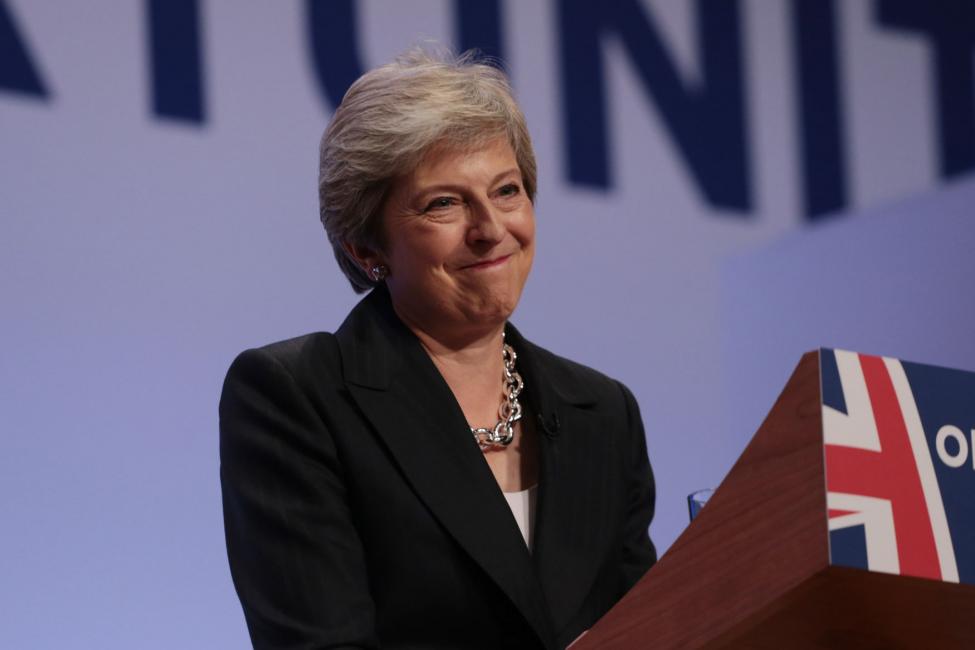Mental health was already on the nation’s mind as we entered Mental Health Day on the 10th of October. From the top Netflix show ‘Thirteen Reasons Why’ to the popular social media group LadBible’s UOKM8? campaign, mental health has never been more publicized than it is today. So, what is our government doing?
Well, during a summit on Wednesday Theresa May announced her plans for the future of the mental health service- she pledged 1.8 million to the helpline Samaritan’s so that they can continue to provide their free service for another 4 years and she commissioned a task force to tackle suicide and “true parity” between mental and physical health to name a few things. She also unveiled a new position within the government: a minister for suicide prevention, which is being fulfilled by Jackie Doyle-Price. But whilst the public been presented with a shiny, appealing package to better mental health, what we are actually getting is perhaps not so shiny.

Those of us who remember Theresa May’s speeches back in 2016/17 where she promised mental health funding and tackling these issues were a top priority, might also reflect that not much has changed at all. Which begs the question- why are we hearing these same promises again and again instead of seeing them implemented? Part of the reason would be as a result of spending cuts to our NHS: The Institute for Fiscal Studies found that existing plans in the government budget mean that a further 12 billion will be cut from welfare services including the NHS. How can we expect to see an improvement to mental health services and thus suicide rates if our nurses and doctors are stretched thin over an under-funded National Health Service?
Now, taking a real look at Doyle-Price our new spearhead for mental health and suicide prevention- what do we know about her? Sadly, her CV is wholly unimpressive with regards to mental health. A report in Nursing Notes points out that she has been a consistent voter for cuts in welfare for the most vulnerable in society. One that struck me the most was her voting against higher benefits over a longer period of time for those unable to work because of disabilities or illness. With reports that financial struggles and social isolation are big catalysts to suicide, being very public knowledge I struggle to see the correlation between her ‘apparent’ expertise in suicide prevention and her voting record.
As someone who will probably always be scathing of government, this view might not come as a surprise but I would even struggle to understand why anyone would buy into this gift-wrapped and shoved-down-your-throat solution to suicide. Just look at the Conservative party in general- their whole party and ideology are based on this idea of meritocracy which does nothing to suggest the belief in the parity of physical and mental health at all. ‘We are the masters of our own fate’ and ‘we decide how far we go in life’…they parrot that life is about individual effort and individual merit, so why can’t people struggling with poor mental health just ‘get over it’, ‘stop thinking about it’? Their whole psychology is contrasting these announcements- so how much of May’s speech is merely pandering to the surge of mental health awareness in society and how much of it is genuine concern?
These measures, on paper, are potentially life-changing for so many people and demonstrate positive steps within the British government towards awareness and improvement. But paper means nothing if there are no actions to back it up.
Freya Hillyer
(Image Credit: UPI)

